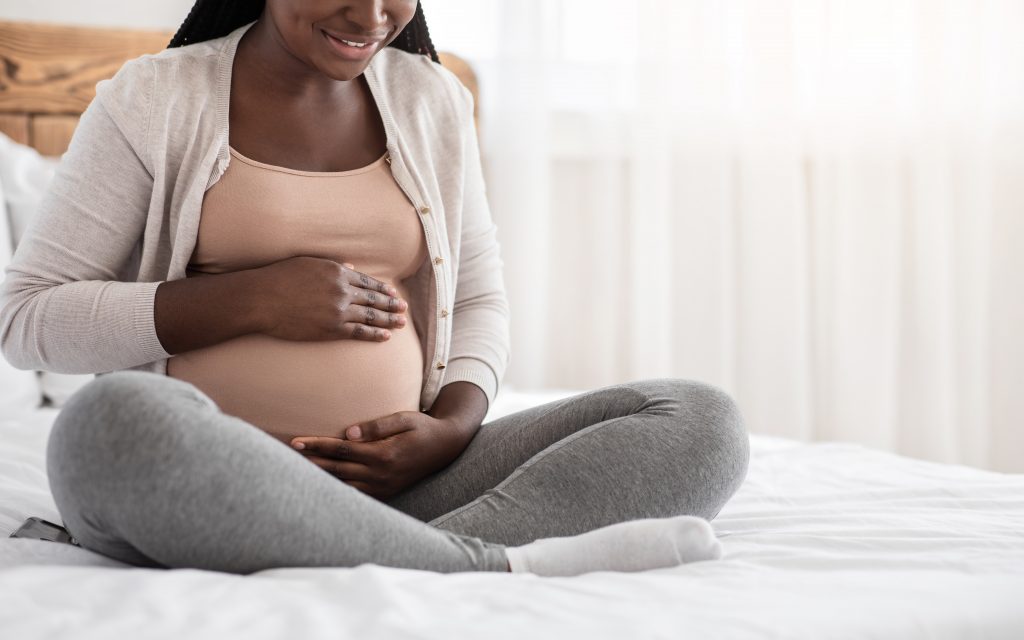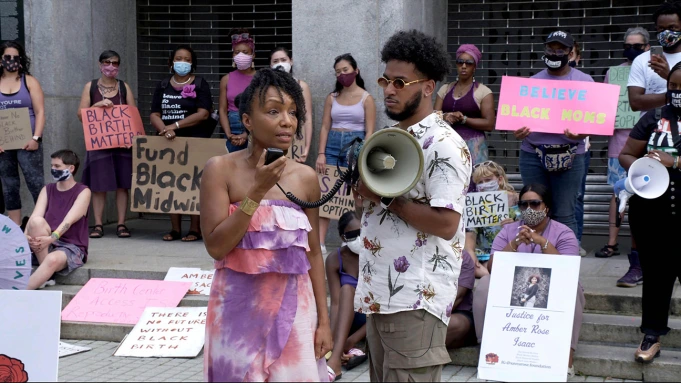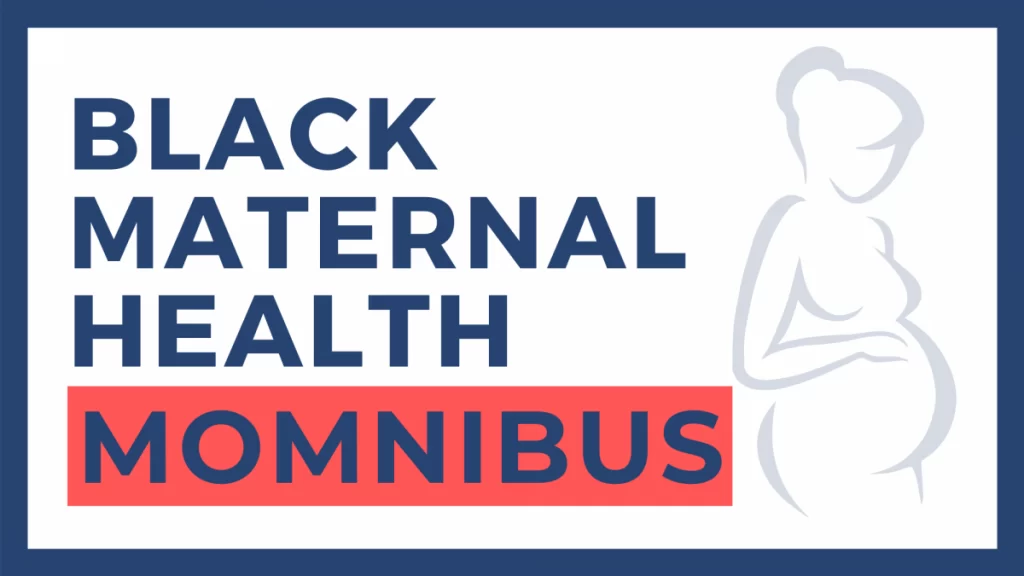The goal of The Department of Health and Human Services is to address the social determinants of maternal health. These factors, which include child care, housing, food security, transportation, and environmental circumstances, affect women’s ability to have a healthy pregnancy and give birth.
The legislation would protect the health of low-income postpartum and breastfeeding women, babies, and children. It would also extend eligibility for the Special Supplemental Nutrition Program for Women, Infants, and Children. Other goals include support training, technology, and telehealth initiatives.






